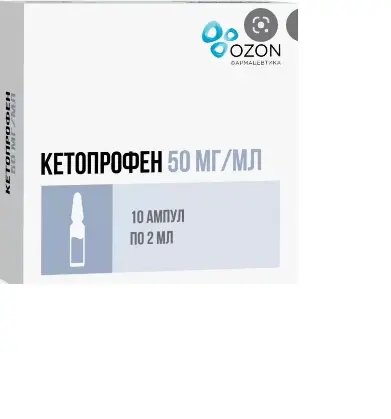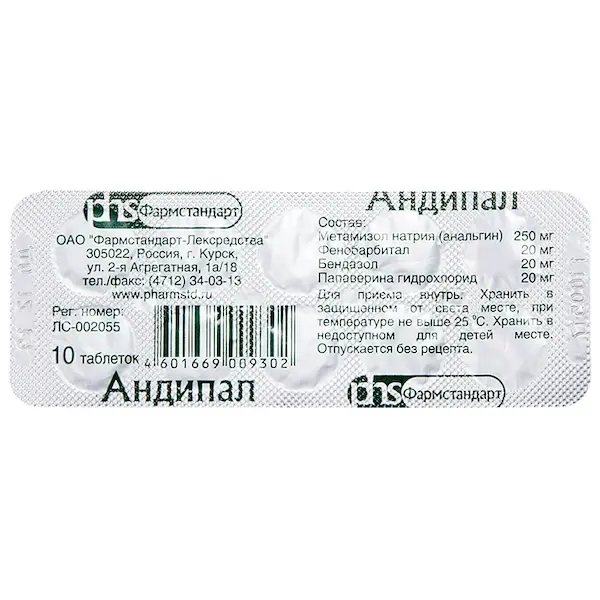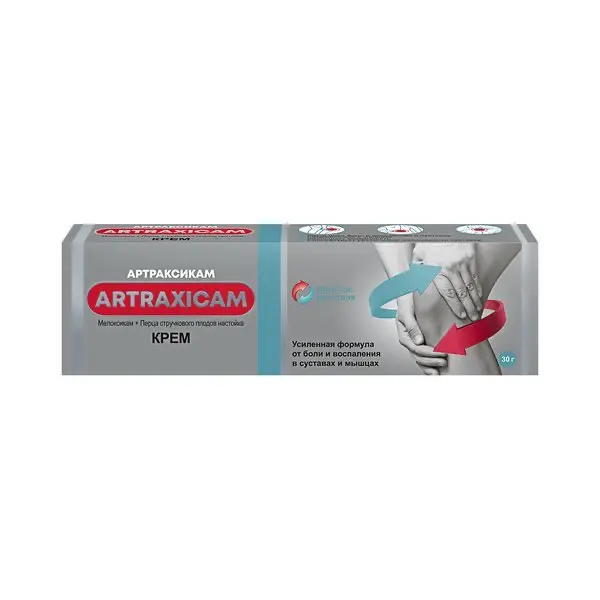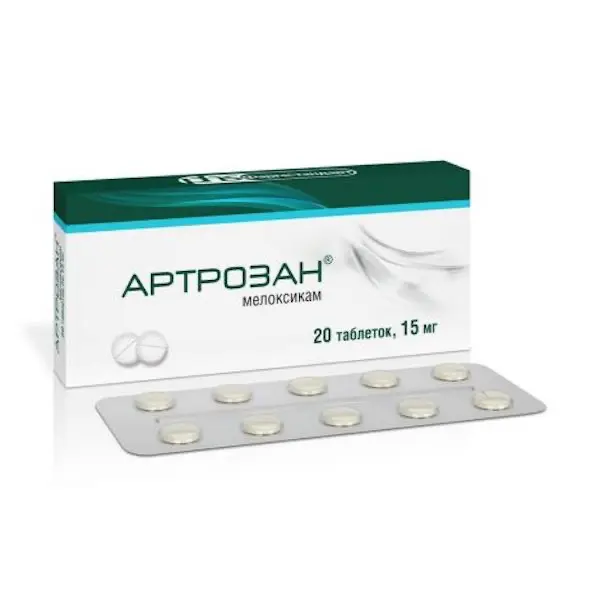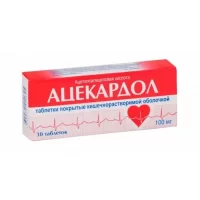Description
Ketoprofen Pharmacodynamics
Ketoprofen is a non-steroidal anti-inflammatory drug. Ketoprofen has anti-inflammatory, analgesic and antipyretic effects. Ketoprofen blocks the action of the enzyme cyclooxygenase-1 and cyclooxygenase-2 (COX1 and COX2) and, partially, lipooxygenase, which leads to suppression of prostaglandin synthesis (including in the central nervous system, most likely in the hypothalamus).
Stabilizes in vitro and in vivo liposomal membranes, at high in vitro concentrations ketoprofen inhibits the synthesis of bradykinin and leukotrienes.
Ketoprofen has no negative effect on articular cartilage.
Indications
Symptomatic therapy of pain syndrome, including inflammatory processes of different origin:
– rheumatoid arthritis;
– Seronegative arthritis: ankylosing spondylitis (Bechterew’s disease), psoriatic arthritis, reactive arthritis (Reiter’s syndrome);
– Gout, pseudopodagra;
– Degenerative diseases of the musculoskeletal system, including osteoarthritis;
– Mild, moderate and severe pain syndrome in headache, migraine, tendonitis, bursitis, myalgia, neuralgia, radiculitis;
– Post-traumatic and post-operative pain syndrome, including those accompanied by inflammation and fever;
– Pain syndrome in cancer;
– algodysmenorrhea.
The drug is intended for symptomatic therapy, to reduce pain and inflammation at the time of use, does not affect the progression of the disease.
Contraindications
– Hypersensitivity to ketoprofen or other components of the drug, as well as salicylates or other nonsteroidal anti-inflammatory drugs (NSAIDs);
– complete or incomplete combination of bronchial asthma, recurrent nasal and paranasal sinus polyposis and intolerance to acetylsalicylic acid or other NSAIDs (including history);
– gastric or duodenal ulcer in the acute stage;
– Ulcerative colitis, Crohn’s disease;
– hemophilia and other disorders of blood clotting;
– Childhood (under 15 years of age);
– Severe hepatic insufficiency;
– severe renal insufficiency: severe renal failure (creatinine clearance (CK) less than 30 ml/min), confirmed hyperkalemia, advanced renal disease;
– decompensated heart failure;
– postoperative period after coronary artery bypass surgery;
– Gastrointestinal, cerebrovascular, or other bleeding (or suspected bleeding);
– chronic dyspepsia;
– III trimester of pregnancy;
– Breastfeeding period.
Dosage and administration method
- Intravenously, intramuscularly.
- To reduce the incidence of adverse reactions, it is recommended to use the lowest effective dose of the drug. Maximal daily dose is 200 mg.
- It is necessary to carefully evaluate the ratio of expected benefit to risk before starting ketoprofen administration at a dose of 200 mg/day.
- Intramuscular administration: 100 mg (1 ampoule) 1 – 2 times a day.
- Intravenous infusion of ketoprofen should be carried out only in hospital conditions. The duration of the infusion should be 0.5 to 1 hour. Intravenous method of administration should not be used for more than 48 hours.
- Non-long-term intravenous infusion: 100 (up to 200) mg (1 – 2 ampoules) ketoprofen diluted in 100 ml of 0.9% sodium chloride solution is administered for 0.5-1 h.
- Prolonged intravenous infusion: 100 (up to 200) mg (1-2 ampoules) of ketoprofen diluted in 500 ml of infusion solution (0.9% sodium chloride solution, lactate-containing Ringer’s solution, 5% dextrose solution) is administered within 8 hours; another injection after 8 hours is possible. The maximum daily dose is 200 mg.
- Ketoprofen can be combined with centrally acting analgesics; it can be mixed with opioids (e.g. morphine) in the same vial; it is pharmaceutically incompatible with tramadol solution due to precipitation. Parenteral administration of the drug can be combined with the use of oral forms (tablets, capsules) or rectal suppositories.

